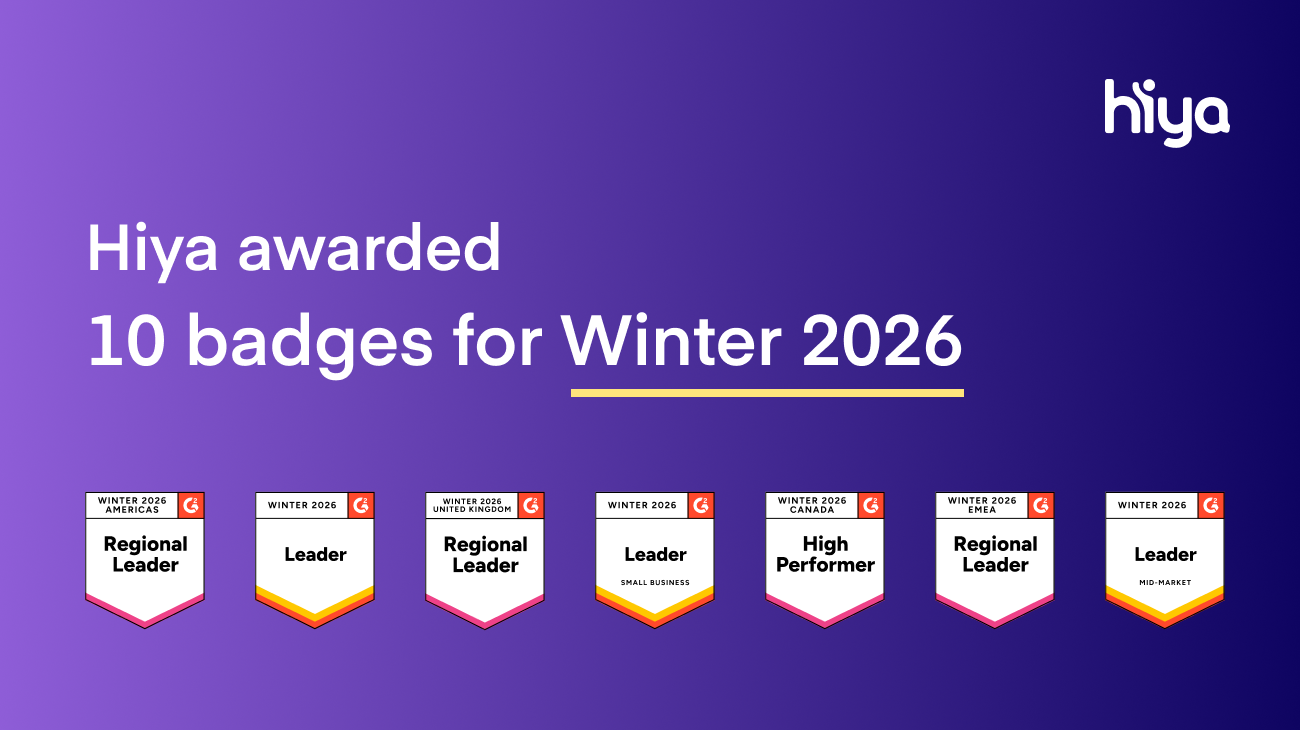
“Hi, this is Denise reaching out from [your mortgage agency] in regard to your recent mortgage payment of $250,000. Please give us a call back at 800-931-5555. I look forward to speaking to you to rectify this situation.”
Your home is one of the biggest investments that you can make in your life, and the vast majority of homeowners have a mortgage. A mortgage is a loan that gives the lender the right to your property if you fail to repay the money you’ve borrowed plus the accrued interest. Mortgage payments typically come on a monthly basis.
Four components make up the typical mortgage payment:
- The principal is the amount borrowed that you have to pay back directly
- While interest is what the lender charges you for loaning you the money
- Taxes on a mortgage are typically held by a lender in an escrow account
- And mortgage insurance is used to protect the lender by safeguarding them against lapsed payments; if you fall behind it may negatively affect your credit score
Each component of a mortgage payment is a viable avenue for fraud. Scammers and spammers can indulge in a variety of methodologies to get to your personal data and circumvent your carrier’s defenses.
Popularity, trends, and tactics
Recessions fears coupled with rising inflation appeared as though they were pushing mortgage rates toward a 20-year high. The current state of the market proved to be a hindrance for home shoppers, which in turn began to transform the market to benefit the renter/lender relationship.
In February of 2023, potential instances of a mortgage phone scam reached heights of over 2.31M.
By the beginning of March 2023, captured “mortgage scam” events decreased to between 500,000 to 1.5M instances. The consistent decrease in these events over time corresponds directly with the increase in the potential mortgage interest. Potential buyers have been moving away from home ownership and towards shorter-term rentals because of the erratic nature of inflation. The upside? A decrease in mortgage scam calls made.
These bad actors commonly impersonate mortgage companies, and based on captured user reports they use spam tactics to get users on the phone:
“I have told this mortgage agency that I am not in the market for a home loan anymore, and please stop calling. They have continued to call twice a day for at least 2 weeks.”
“I got transferred to this mortgage agency; they have called 7 times within 18 hours. They even called me as late as 12 am.”
"I get frequent spam calls referring to property and interest rates, but my property is not listed for sale and I am not in the market for another home; this is beginning to border on harassment.”
Call duration and pickup rate
The average pickup rate of potential mortgage scam calls is over 16%; at its peak, the potential pickup rate reached about 17.5%. This means that out of the possible 1.75M mortgage scam calls made in March, over 297,500 were picked up by end users.
The average response time of an attempted call sits at about 1 minute – an average of 55.77 seconds from the end of 2022 until the current day. However, when fraudsters and bad actors can get an unsuspecting victim to answer the phone these calls can last over 5 minutes – the average call duration of an answered mortgage spam call lands at about 342.6 seconds.
How to fight back against scam calls
While scam techniques can prove to be highly effective, Hiya offers a variety of solutions to fight back.
Carriers can protect their customers from phone scams by integrating Hiya Protect, which accurately blocks and labels spam and fraud calls, without blocking wanted calls. Hiya Protect identifies the patterns of spammers and blocks spam campaigns in their earliest stages - in addition to known spam numbers
Enterprises can also help their customers feel safe when answering the phone by adding identity to their calls with Hiya Connect. Hiya’s branded call offering enables businesses to display their company name, logo, and reason for the call on the recipient’s mobile phone – so customers can trust who is on the other end when they answer.
Individuals should contact their phone carrier to learn more about their spam protection services. If spam and fraud calls are still getting through, download the Hiya App to take more control of your spam and fraud call protection. Make sure to stay up to date on modern mortgage scams when considering any transaction of information over the phone.

.jpg)

